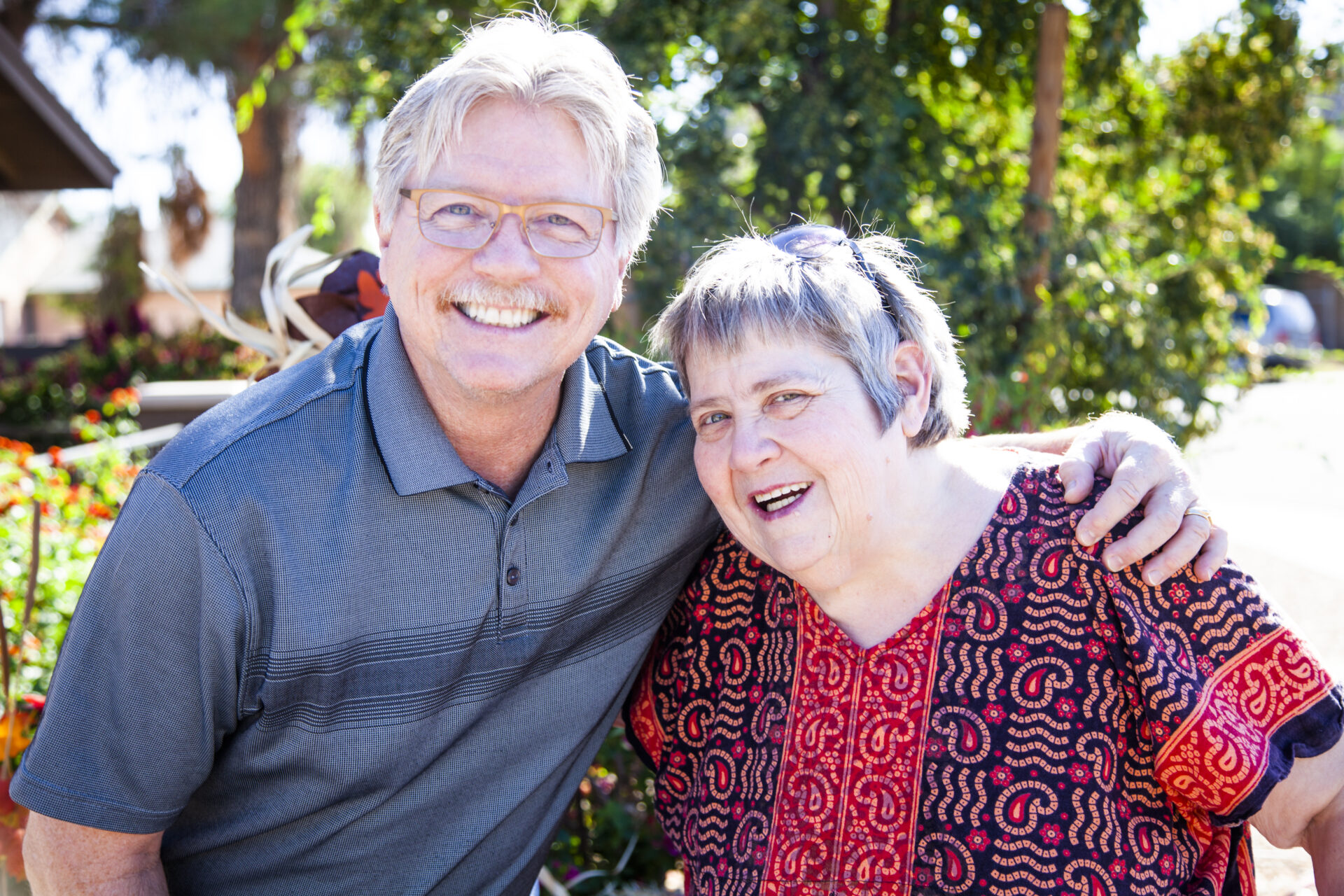Residents of an assisted living community can be evicted (or residency agreement terminated immediately) for behavioral disturbance without notice. State law gives a community this right. In Arizona, the law reads in R9-10-807(G): A manager may terminate residency without notice if the resident exhibits behavior that is an immediate threat to the health and safety of the resident or others.
Most state guidelines give assisted living communities broad use of residency termination when safety is the concern. When the community decides it is not suited to manage the behaviors, it isn’t uncommon for the initial reaction to be termination of residency. The main reason residents face eviction is due to the community’s inability to manage those behaviors and believes continued residency puts the resident and others at risk of harm.
Residents have rights as well as the community. Those rights are written into the rules and regulations of the state; held accountable through annual state surveys. It may be true, that behaviors are causing disruption in the community and stress on your loved one, which in turn causes stress to others involved in the care process.
If your loved one is facing eviction from an assisted living community, here’s what you need to do:
- Keep an Open Mind – Safety First
Although residency termination can be a spontaneous reaction, it is important to be open minded and listen to the challenges the community is facing. After all, the highest priority is your loved one and their safety. If the community is not equipped to manage the behaviors, it is likely your loved one is also not safe and risks injuring themselves or others. The residency termination suddenly becomes a good thing yet presents additional challenges in finding a properly equipped mental health assisted living community, such as Heritage Lane Behavioral Assisted Living.
- Get a Proper Understanding of the Behavioral Issue
It is very difficult when something just doesn’t seem right with your loved one and when you inquire, because the community is not equipped to respond appropriately, you really don’t get an answer. Often this is due to staff that are not trained properly address behavioral issues and medications are not being monitored properly by a licensed psychiatric clinician.
Primary care doctors typically don’t have a specialty focus in mental health. This presents medication challenges that affects activity of daily living, life quality and can further lead to resident decline. This issue comes down to scope of practice. A primary care doctor doesn’t have (nor do they want) the responsibility of managing psychiatric medications and issues. This leads to lower care quality.
Make sure you get the proper specialized care for a traumatic brain injury, elderly depression, or whatever specific mental health issue is at hand. Also make sure the community you are evaluating is offering specific services by qualified professionals such as a PMHNP (Psychiatric Mental Health Nurse Practitioner).
- Give Careful Consideration to Placement
Find a community that specializes in long term mental health care and treatment.
Make sure the community of choice has the expertise to manage behavioral issues. Often this comes by way of state licensure or permission granted to the community to practice within a scope of behavioral health. If the community you are interviewing doesn’t have any licensing designation or state approval, this is a huge red flag above all others. Secondly, make sure to inquire of the clinical people that would be providing the care. Who oversees medications? Who follows through with orders from the doctors? How does the community train caregivers to handle behavioral challenges?
How to Find the Appropriate Assisted Living Community
Before embarking on the search for a new community for your loved one, take the time to research. Ask the current assisted living community for a referral. In addition, if necessary, ask also for time to look for an appropriate placement.
State and local departments of health will be an excellent resource to start. Call and ask them for a list of assisted living communities that are authorized to provide behavioral health services. Go online and search for the term “behavioral health assisted living” and call the first few facilities shown in the results. This is a great way to find assisted living communities that specifically advertise these types of service offerings.
Read their reviews posted by others and visit their website to determine if it is evident they are a behavioral community. If it isn’t obvious, this would be a concern. Some things to look for include:
- Does the community have “behavioral” in their name?
- Does the community show on their homepage that behavioral health is a primary scope of practice?
If you believe you may have found a community, take the time to visit in person. Tour the property, ask if the community specializes in behavioral issues. If they say they do, they will have specific information and likely a specialized behavior program to address the behaviors such as how to prevent and respond to behaviors.
Heritage Lane Behavioral Assisted Living is an Arizona State licensed behavioral health assisted living community. Located in Mesa, Arizona, the community specializes in long term living that has behavioral and mental health as a primary scope of practice.
- Program is based on positive reinforcement
- Owned privately by individuals who have long history of providing behavioral health care
- Managed by a licensed psychiatric nurse practitioner
- Employees receive continuous ongoing training tailored for each resident individually
- Residents are treated with respect and dignity regardless of mental health challenges
Call Heritage Lane Behavioral Assisted Living at (480) 788-5238 or visit https://heritagelane.org to learn more about the community and to schedule a tour. Tours are offered 7 days a week.









